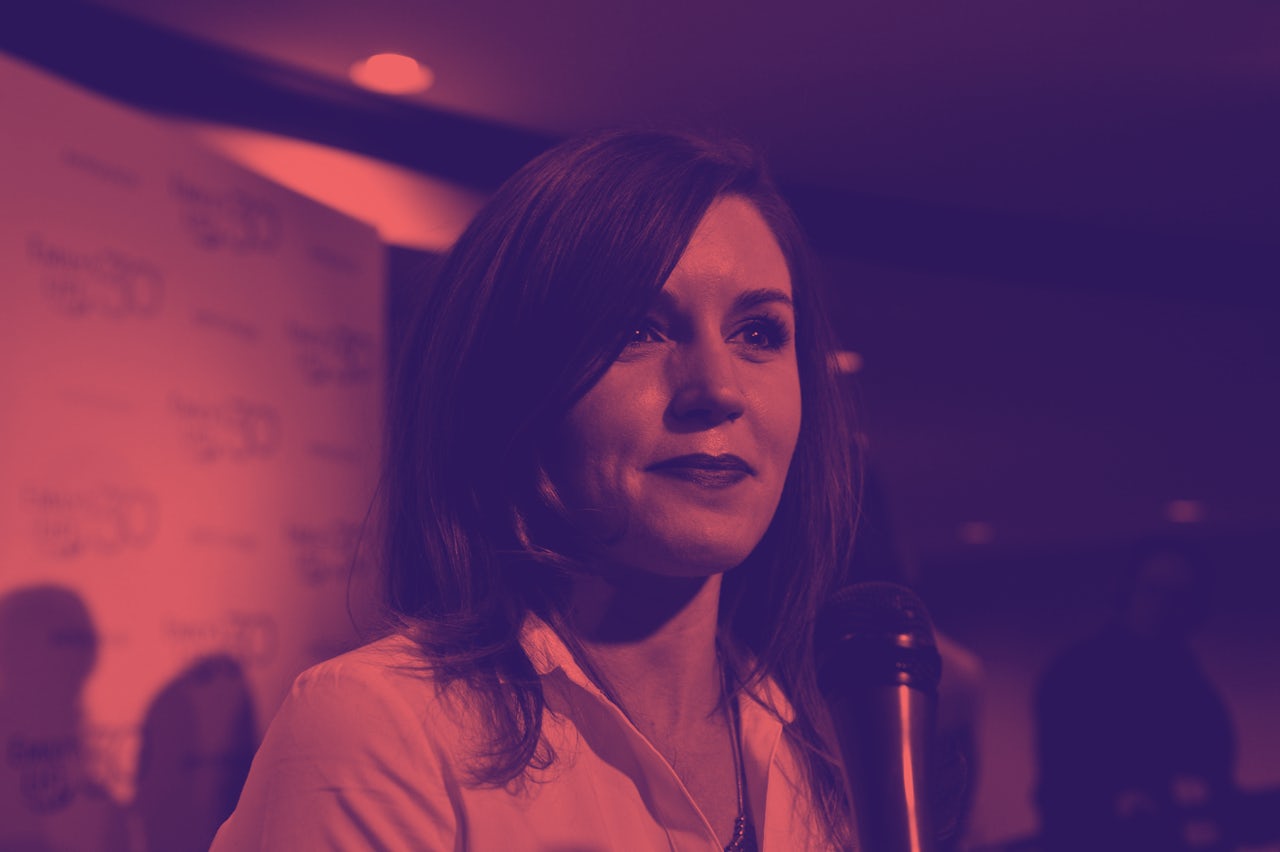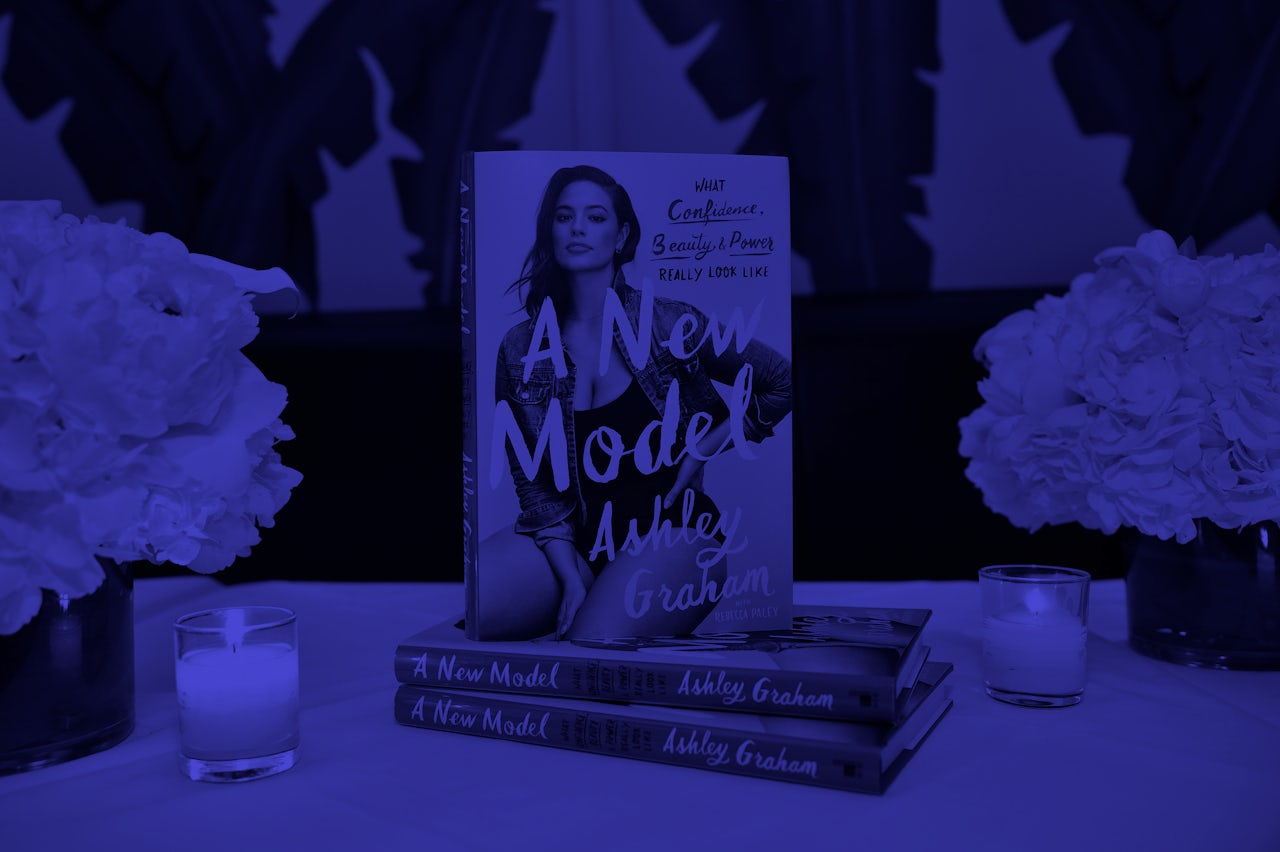For years, feminists have found themselves defending their movement from those who claim it has devolved into misandry. The line is always the same: Feminism is about equality. If you believe men and women deserve equal treatment, you’re a feminist. In her first book, The H Spot: The Feminist Pursuit of Happiness journalist and lawyer Jill Filipovic argues “equality” is an ultimately unattainable ideal — there’s no way for men and women to be considered equals in a world that’s inherently unequal by design. “Of course women can’t flourish in a system that needs us as support pillars for someone else’s building,” Filipovic writes. “We’re here to prop it up, not to live in it. This is not a place that was built for us to thrive.” This premise should make feminists uncomfortable — not because Filipovic is wrong, but because claiming feminism is first and foremost a fight for “equality” has neutered the feminist movement.
To counter this, Filipovic poses an interesting, exciting question: What could feminists achieve if, instead of pushing for equality, they imagined a new world built by and for women, then actually took the steps to build it? “The answer is to ask, What would we make if we had all the tools? What do we want?”
Unfortunately, her answers to these questions fall flat. Filipovic’s book has a radical premise — feminists need to dismantle existing power structures and create a culture and policy that addresses women’s unique problems — but her solution amounts to little more than a slightly more left-leaning version of the Democratic Party’s current platform.
Filipovic isn’t proposing anything new; she’s rebranding “equality” as happiness and hoping no one notices
Policymakers, Filipovic argues, should begin centering women’s happiness and pleasure. Though Filipovic’s book is premised on delineating a happiness-focused public policy, she spends most of the book rehashing feminist history (while whitewashing complicated figures like Elizabeth Cady Stanton and Susan B. Anthony, whose disavowal of voting rights for black Americans Filipovic refers to as merely “racial myopia”) and aggregating statistics about quality-of-life disparities between American men and women. To be fair, this is a good starter book on feminism; this is a book for people who know men and women aren’t treated equally in America but don’t necessarily know why.
We talked about The H-Spot on our daily podcast, The Outline World Dispatch. Subscribe on Apple Podcasts or wherever you listen.
Filipovic provides a brief list of solutions in the book’s conclusion: promoting non-traditional family units through tax breaks and other incentives, teaching comprehensive and pleasure-focused sexual orientation in public schools, government-run daycares, progressive labor policies like a higher minimum wage and better parental leave for all workers, and more comprehensive welfare for low-income families are among Filipovic’s proposals. Many of these policies have already been embraced by the Democratic Party. Filipovic isn’t proposing anything new; she’s rebranding “equality” as happiness and hoping no one notices.
In order to determine what a pleasure-focused feminist movement would look like, Filipovic spoke to “dozens” of women across the country, some of whom were poor and struggling to get by, and “others whose privilege should have opened up a world of opportunity but were somehow confined.” There’s Lucy, a woman who was trapped in an unhappy, abusive marriage until she left her husband and found happiness with another woman, Nadine. There’s MaryBeth, a consultant, who has a feminist relationship with her husband, Howard, also a consultant. There’s Leah Torres, an OBGYN from Utah who educates her primarily Mormon patients about consent and sexual pleasure. There is one woman who appears in more than one chapter, a sort of common thread uniting the others: Janet, a mother of four who works multiple low-wage jobs, has suffered from racism, poverty, and domestic violence, and dreams of opening up a shelter and community center for domestic violence survivors. And, of course, there’s Filipovic herself, who writes about her own life at length throughout the book’s eight chapters.
“These are not women whose paths are likely to cross or who on paper seem to share many of the same experiences,” Filipovic writes. “And yet many of their challenges stem from the same root: impossible expectations countered by constrained opportunities.”
Filipovic isn’t wrong. Even the most privileged women face interpersonal and institutional sexism and violence. Although these women’s problems, at the most basic level, stem from a culture that doesn’t value women’s bodies or minds, much less their happiness, these women have very little in common aside from their womanhood. Aside from Janet, The H Spot focuses on Filipovic and her peers: Privileged women with professional degrees who are trying to make sure their marriages are feminist, who are struggling to “have it all” after having kids, who are struggling with their body image, and who want to be paid as much as their male colleagues.
Janet is an outlier in Filipovic’s book, but she isn’t an outlier in the world. America has more Janets than it does Jills.
At one point, after writing about Janet’s physically and emotionally abusive ex-boyfriend, who beat her and did so much damage to her apartment that her landlord tried evicting her, Filipovic pivots back to writing about herself. The tone shift is jarring:
“A few years after I graduated from law school, I was working at a law firm in Manhattan and casually dating a rotating cast of low-maintenance men who were happy to meet up late if I got off work at 10 p.m. and wouldn’t get bent out of shape when I had to cancel dates at the last minute for long nights in the office.
There is nothing that relates this story to Janet’s. Filipovic goes into a lengthy anecdote about a man she dated, another lawyer, who told her he “would only marry a woman who agreed to stay home with their kids” so he could have a successful career. This happens several times throughout the book: Filipovic writes about a woman’s eating disorder, then about the time she was on a diet for two months in Greece and then ate some delicious sea urchin pasta with friends. She writes about home where women are forced to do all the cooking and cleaning, then mentions her own egalitarian relationship where both she and her boyfriend cook.
“This book is not exhaustive, nor was it intended to be, and I hope the absent voices whisper into readers’ ears as persistently as they do in mine, insisting that this is a starting point, not an all-inclusive story,” Filipovic writes. But why not seek out those voices? If Filipovic’s goal was to interview women from diverse backgrounds, she could have chosen to give a platform to women whose stories are never told. Filipovic could have interviewed one of the many women whose perspective she said is missing from her book. “[W]here were the undocumented immigrants, the retirees, the elderly, the women in rural communities?” Filipovic asks herself in the conclusion, as if she is unable to seek them out herself.
“One of the goals of this project was to show that there is no definition of womanhood, no singular experience of pleasure seeking, and no individual thing that will bring happiness for all women,” Filipovic writes. “My hope is that this book offered a little peek into the overlapping struggles of so many women, as well as the many joys — however unsupported and individualized.”
The problem isn’t that Filipovic shows the many ways there are to be a woman, and the myriad problems women at all levels face, but that she did so in a way that was ultimately self-centered and myopic. Janet is an outlier in Filipovic’s book, but she isn’t an outlier in the world. America has more Janets than it does Jills.

